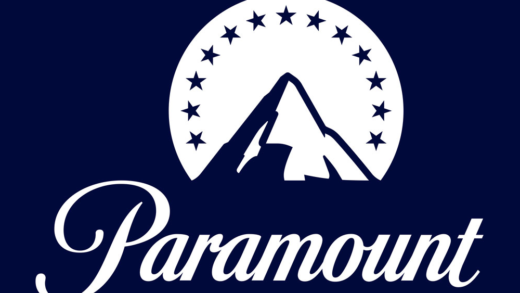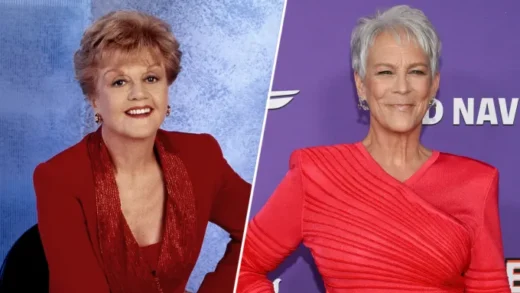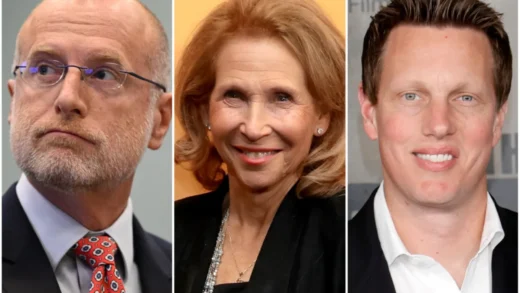As the union representing opera performers prepared to release the results of an inquiry finding that the superstar Plácido Domingo had engaged in “inappropriate activity” with women, it was quietly working to reach a financial agreement with him.
But the deal they were working on — which called for the union, the American Guild of Musical Artists, to limit its public statements about the inquiry and for Mr. Domingo to pay the union $500,000 — fell apart on Tuesday after details of the investigation were leaked overnight, according to an email from the union’s leaders.
“Based on this flagrant breach of confidentiality Domingo’s counsel has withdrawn the agreement, which was expressly premised on A.G.M.A.’s promise to maintain confidentiality over the details of the investigatory report,” said the email, which was signed by Leonard Egert, the union’s national executive director, and Raymond Menard, its president, and sent to the union’s board. It was read to The New York Times by two recipients.
The union released a statement Tuesday night calling the payment a “fine” which it described as “to our knowledge the largest to be imposed on a union member,” and not in “exchange for A.G.M.A.’s silence or to make any ‘secret deal.’”
“Regardless of the fine imposed, A.G.M.A. was never planning to publicly release the specific details of its internal investigation, as the union had assured witnesses of confidentiality,” said the statement, which the union said it was releasing to counter “misperceptions” left by reports of the deal by The Times and NPR. “Any suggestion that the union was being paid to withhold information is patently false.”
The inquiry began last year after The Associated Press reported allegations of sexual misconduct from women who had worked with Mr. Domingo. In a public statement on Tuesday, the union released the inquiry’s conclusions, saying that Mr. Domingo had “engaged in inappropriate activity, ranging from flirtation to sexual advances, in and outside of the workplace.”
(Excerpt) Read more in: The New York Times





